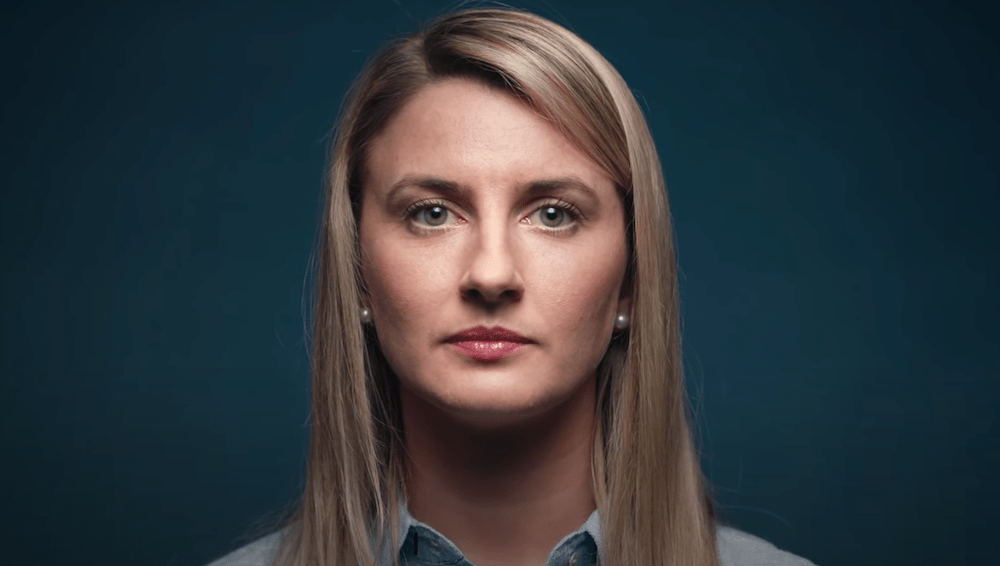
Every year in the UK, five in every 100,000 children, and 3,200 people aged 35 to 64, have a stroke. Younger people are more likely to have subarachnoid haemorrhage strokes, which are associated with worse clinical outcomes.
Austin Willett, chief executive of charity Different Strokes, which was set up to support younger stroke survivors, says support for younger stroke survivors is lacking.
“A lot of these people think no one their age before has experienced this, so they might not know who they can go to get support,” he said in a UK Stroke Assembly 2020 online conference this week on the topic of young stroke survivors.
“Things are slowly changing, but stroke is still thought very much as something that effects the elderly. The perception is slowly changing, but the process is quite gradual,” he says.
Different Strokes has around 40 local groups across the country, offering younger stroke survivors peer support.
Erin, an ambassador for the Stroke Association, had a subarachnoid haemorrhage, caused by a bleed on the brain, in 2012, when she was just 29.
She spent the following month in hospital. Although she didn’t lose her speech, Erin had to learn to walk again. But while she says she received great care in hospital, she says there was then a ‘cliff edge,’ when she left hospital and couldn’t find any support.
“After a few months I tried to get back to work,” she told the Stroke Assembly audience.
Erin managed to go back to work full time, but then she left her job to study. She has recently finished her PhD in chemistry, and graduated in lockdown.
“I didn’t realise I’d had a type of stroke so didn’t know where to look for support,” she says. “It wasn’t until I found the Stroke Assocation that I felt like I’d found somewhere I belonged and found people I could relate to.
“When I said I felt tired, people said ‘I know what that feels like,’ and I believe them.”
During the Covid-19 pandemic, Erin says stroke survivors haven even more to content with than usual.
“With the effects of a stroke, there are so many things to cope with,” she says.
The pandemic, particularly when the UK was in lockdown, reminds Erin of when she first came out of hospital in 2012.
“I tended to stay away from people and noise and lights,” she says. “Now, we’re nearly forced to do it for different reasons.”
“For those in hospital now or having a stroke now, it must be extremely stressful to contend with this, where you can’t have visitors,” she says.
“This is where new-age technology comes into play. I hope peer services continue online as well as in person, for people who just come out of hospital, they’ll have online support.”









